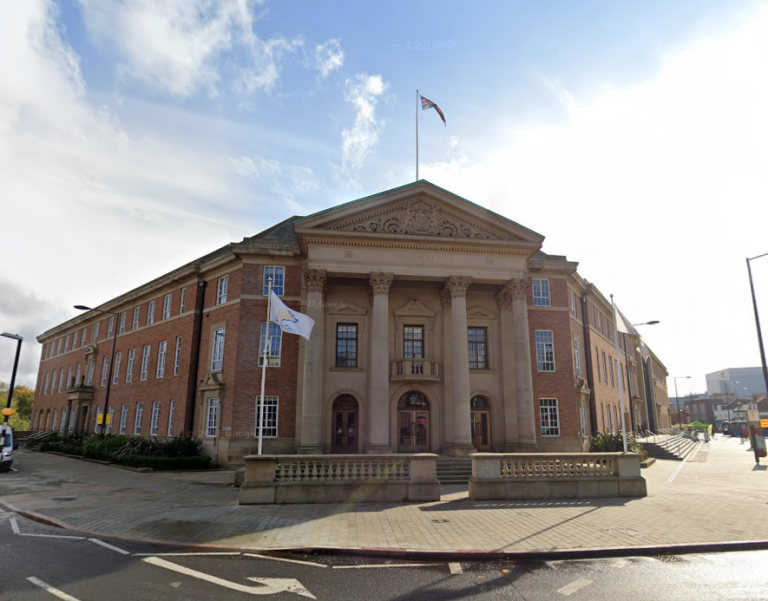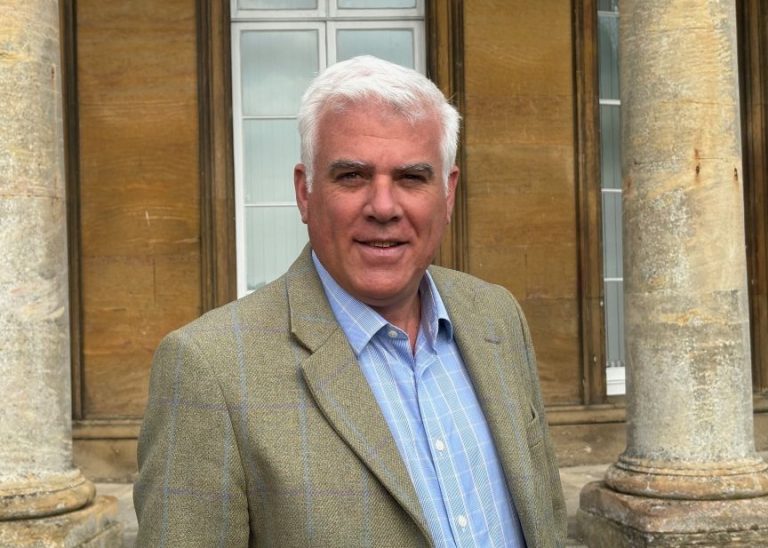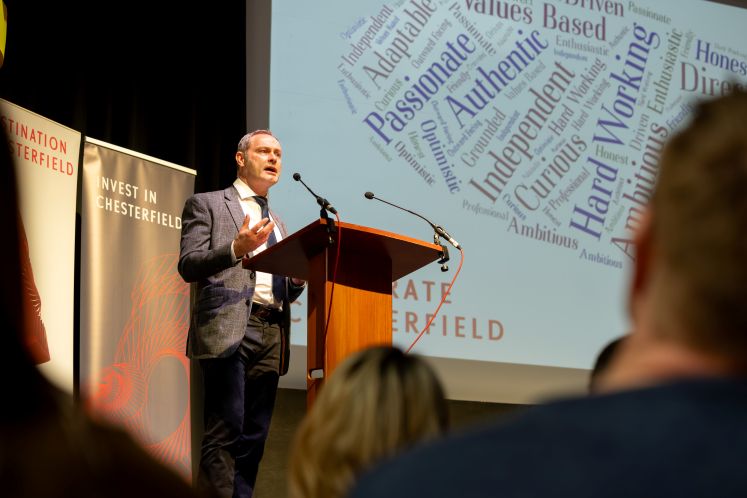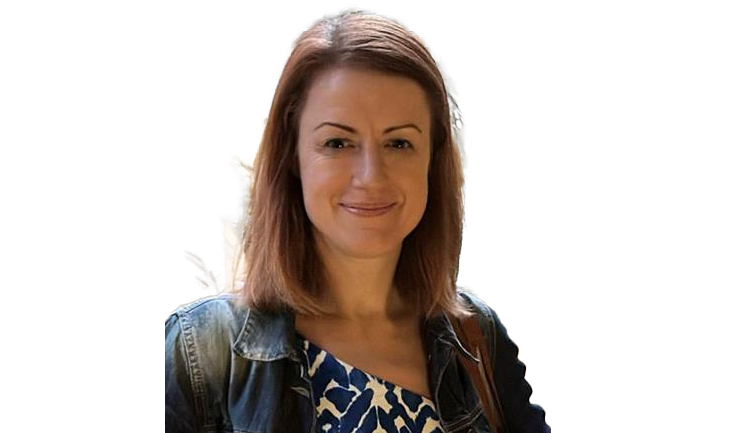Set to open in 2026, the project will house cutting-edge facilities for students across science, engineering, manufacturing, construction and automotive studies. This includes an advanced engineering lab, electrical installation workshop, electric/hydrogen vehicle workshop, 3D printing and prototype workshop, science labs, general teaching and ICT suite, and collaboration space.
Jonathan Sizer, Regional Managing Director, Robertson Construction Yorkshire & East Midlands, said: “With a focus on innovation, growth and sustainability, the state-of-the-art facility is progressing well with the steel frame now complete.
“We are ensuring that the project meets Chesterfield College’s mission of inspiring futures and changing lives, and look forward to continuing to work closely with students, staff and stakeholders to create a facility that everyone can be proud of.
“We have extensive experience in delivering high-quality educational projects in the area, so it’s great to bring this expertise to our first project for Chesterfield College.”
Julie Richards OBE, Principal and CEO, Chesterfield College, said: “After a long time in the planning stages I am absolutely delighted to finally share details of the new Advanced Manufacturing and Life Sciences facility we will be offering to our learning community from 2026.
“Concentrating on the latest industry skills and technology, with a real focus on vitally important green skills, the facility has been curated in consultation with local employers to ensure it produces a skilled workforce to supply local demand for years to come.”
As part of the works, the existing North Block 1 building and temporary structure will be demolished following the completion of the new facility to make way for a revitalised green space area.
Robertson Construction Yorkshire & East Midlands was appointed to deliver the project through the YORbuild3 Medium Works framework.












